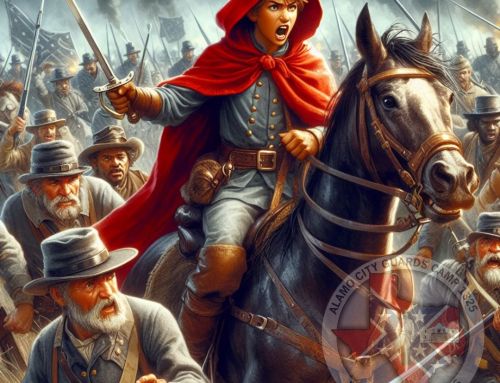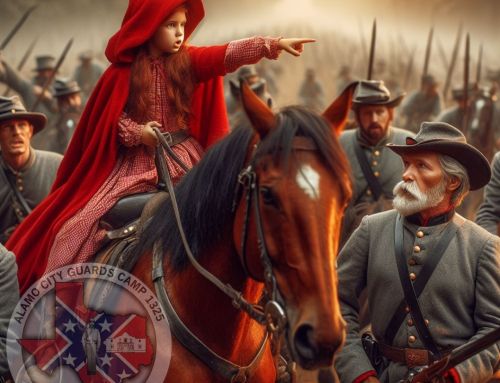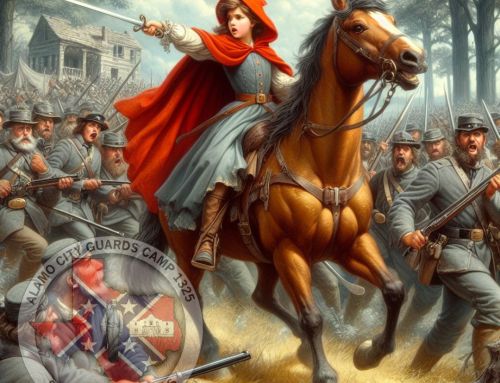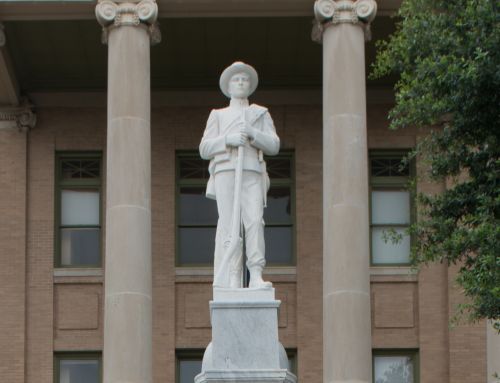By: Christian Lee | Commander, Alamo City Guards
If you grew up in San Antonio, you knew who Emilio Navaira was. A hometown hero known as the “Garth Brooks of Tejano.” He and Selena Quintanilla were like He-Man and She-Ra of the genre. Yet, unlike Selena’s Pin Indian ancestors, Navaira’s ancestors fought for the gray.
Rodrigo Navaira Sr. is the 3rd Great-Grandfather of the Grammy award winning musician. Born in 1842 in Mexico his family made their way to Texas in 1850. Although he was educated and could read and write in both English and Spanish, he worked as a laborer until the outbreak of the American Civil War.
From documents I’ve recovered it’s said in 1862 he enlisted in Company A, 33rd Texas Cavalry, Santos Benavides regiment. His Captain was Sixto Navarro, the son of Texas hero Jose Antonio Navarro and he would serve until the end of the war.
After the war he would return home and support himself, his wife Andrea and their young family, laboring for the city maintaining the roads. Only thing he ever owned was a horse valued at no more than $20 dollars.
Later in life, he received a Confederate Pension from the State of Texas with help from men who also served with him. Jose Rivas and Rafael Hortis, well known and credible citizens swore under oath that until he was sent to Laredo, they had trained together for many months. Rivas would be transferred to Co. D while Hortis and Navaira would remain in the same company until the end of the war.
I would like to point out that the Honorable Judge Phil Shook who certified Navaira’s pension application was the son of John Shook, Confederate Second Lieutenant, Yager’s 1st Texas Mounted Rifles. No prejudice, just respect for our their veterans. Hispanics in Confederate service isn’t a myth. It’s a reality. Famous San Antonian’s are descendants of the men who, more than once, stood against and fought a government gone tyrannical.
September/October are Hispanic Heritage Month. We need to get out there and raise awareness for the Tejano Confederates and their contributions to the south. Without them, our food wouldn’t be as delicious, our culture as vibrant, or our warrior spirit as feared by all who hate what we hold dear.






